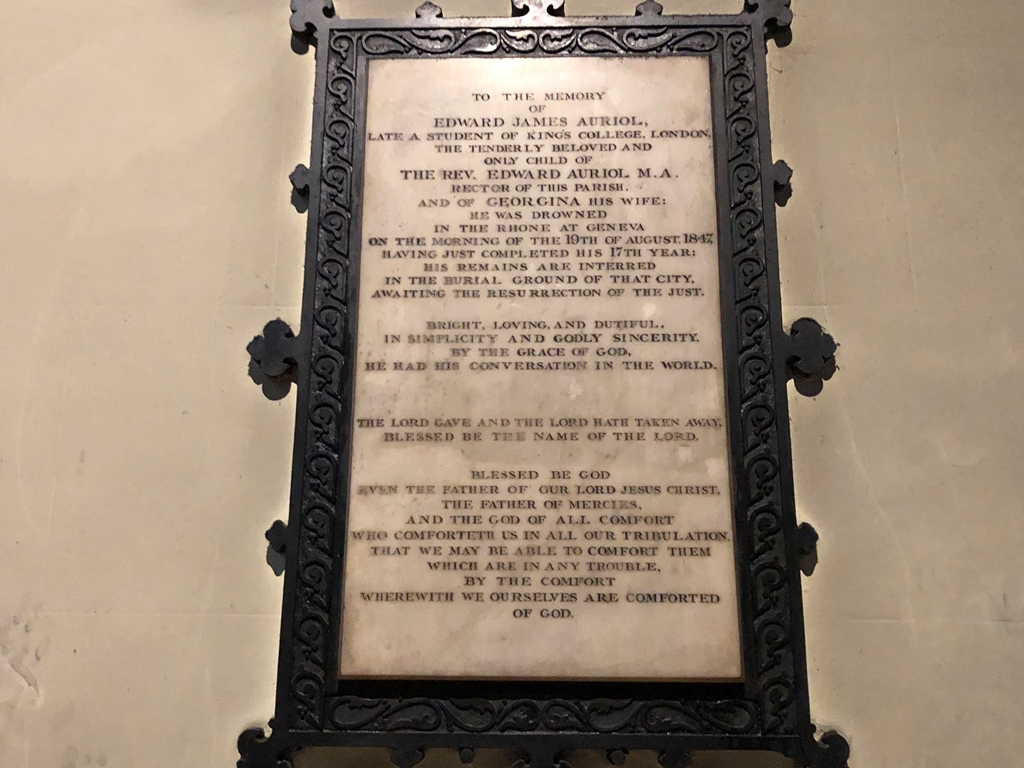Words can reveal insights into the history and evolution of language. The word “conversation” has significantly changed its meaning and usage over time. What is the origin and history of “conversation”, and how has its meaning changed?
Words can reveal insights into the history and evolution of language. “Conversation” has significantly changed its meaning and usage over time from Latin roots to modern English use. By delving into its history, we can appreciate the nuances of language and the rich tapestry of human communication.
Tag: etymology (4)
Tag: conversation (186)
Latin
The Latin origin of the word “conversation” is “conversatio,” which comes from the verb “conversari.” This verb is a compound of “con-” (meaning “with” or “together”) and “versare” (meaning “to turn”). Hence it literally meant “turning together”.
“Conversatio” had several meanings, depending on the context in which it was used. Its primary meaning was “behavior” or “conduct,” specifically how people lived or conducted themselves in social situations.
In the context of monastic communities, “conversatio” referred to the way of life of the monks or nuns, including their habits, customs, and daily activities. It denoted a commitment to a particular form of living marked by piety, discipline, and devotion.
In a broader sense, “conversatio” could also refer to social interaction and communication between people.
Tag: conversari (3)
Old French
The Old French (8th to 14th century) word “conversacion” was derived from the Latin “conversatio”.
It had a similar meaning to the Latin “conversatio,” referring to a person’s way of life or conduct, particularly about their behavior and attitudes toward others.
Middle English
During the Middle Ages, Old French was the language of the English aristocracy and the ruling class, and it heavily influenced the development of the English language. As a result, many Old French words, including “conversation,” were adopted into Middle English.
The Middle English (11th to late 15th century) word for “conversation” was “conversacioun” or “conversatioun,” which was derived from the Old French “conversacion” and ultimately from the Latin “conversatio.”
In Middle English, “conversacioun” had a similar meaning to the modern English word “conversation,” referring to a verbal exchange or discussion between two or more people. However, it could also refer more broadly to a person’s way of life or conduct, similar to the original meaning of the Latin and Old French words.
In medieval literature and religious texts, “conversacioun” often referred to individuals’ moral and ethical behavior and interactions with others.
Modern English
In Modern English, the word “conversation,” which means a verbal exchange or discussion between two or more people, began to emerge in the English language during the 16th and 17th centuries, particularly in the context of literature and philosophy.
During this period, writers and thinkers began to emphasize the importance of social interaction and conversation to exchange ideas and knowledge. For example, the French philosopher Michel de Montaigne, who lived in the 16th century, wrote extensively (On the Art of Conversation) about the value of conversation in his essays, arguing that it was an essential element of intellectual growth and development.
Similarly, in the 17th century, the English philosopher John Locke wrote about the importance of conversation in his Essay Concerning Human Understanding, stating that “conversation with others, in the way of disputation or discourse, is the way whereby men get opinions, and wherein they are most liable to receive the influence of truth or error.”
During the 16th-19th centuries, “conversation” was also a euphemism for sexual intercourse. Furthermore, the term criminal conversation was a legal term for adultery in the late 18th century. In this context, “criminal” refers to the fact that adultery was considered a criminal offense under common law at the time.

You can find this memorial plaque on the wall of St Dunstan-in-the-West, a church located on Fleet Street in London. The plaque tells the tragic tale of a young man who drowned in the Rhone near Geneva in 1848. Halfway down the plaque, the following words are inscribed:
Right, loving, and dutiful.
In simplicity and godly sincerity.
By the grace of God,
He had his conversation in the world.
So the old Middle English meaning of the word was still in use almost 200 years ago.
It seems to me that this obsolete meaning of “conversation” fits well with the concept of Conversational Leadership. You might say that Conversational Leadership is about how “we conduct ourselves in the world” or maybe “how we interact with the world.”
The modern meaning of “conversation” as a verbal exchange between people reflects a broader cultural shift towards valuing social interaction and communication and the increasing importance of intellectual and philosophical discourse.
Resources
- Online Etymology Dictionary: conversation (n.)
- Wiktionary: conversation
- Article: con-versare “turning together”
- Medium: The Social, Sexy History of the Word “Conversation”
Posts that link to this post
- Conversare Events Social gatherings which people engage in one-to-one conversation with a stranger
POST NAVIGATION
CHAPTER NAVIGATION
Tags: conversari (3) | conversation (186) | etymology (4) | history (26) | John Locke (3) | language (18) | Michel de Montaigne (6)
SEARCH
Blook SearchGoogle Web Search
Photo Credits: Midjourney ()
If you enjoy my work and find it valuable, please consider giving me a little support. Your donation will help cover some of my website hosting expenses.
Make a donation

